A few years after the capital was taken over, an old Chinese man of Cantonese origin came to live in my neighborhood. Everyone called him Mr. Tau.
The Chinese man was old and tall. Every summer afternoon, he was often seen sitting in shorts in front of the door, his hand covering his sagging belly, fanning himself. He just silently watched people and vehicles passing by.

Re-enactment of a food store and display of household items at a subsidy-era exhibition in Hanoi
He lives with his daughter, her husband, and several grandchildren in house number 93B Hang Bot Street. His apartment is located in a row of two-story houses, with a large open space in front used as a garden or yard according to the design left by the French owner. The front of the houses are long wooden bars interlocked together instead of walls. This design is very convenient for trading. When pulling the wooden bars through the groove on the half-built wall, there is an open space just like the window of a trading store at that time.
In his family, only his son-in-law, named Tieu, worked for the government (Tien Bo Printing Factory), while the others all did small business: Mr. Quang and his wife rode cyclos and sold rice rolls; Mrs. Vuong (Mr. Tieu's wife) sold groceries at home. During the years of war and the subsidy period, Mrs. Vuong established the Service Group of Block 24. A large stove burning peat was built in the front yard to boil water to serve everyone. When Tet came, she built another stove to accept orders to boil banh chung. In addition, the Service Group also sold pickles, eggplants, and fish sauce.
When the time came to open up, her family switched to selling chicken pho. Her pho was very delicious and famous on Hang Bot street at that time. Later, when she got old and weak, her children took over the pho restaurant, cooperating with a person from Nam Dinh to sell Co pho for a while but it was not successful. Then the sisters switched to selling cheap rice, which was successful and they have maintained the restaurant until now.
Unlike his sons and daughters, sons and daughters-in-law, who all changed jobs, Mr. Tau specialized in making roasted peanuts with basil. In the beginning, he carried a box of peanuts to sell on the street. Later, when his health was weak, he only sold to his old customers. Mr. Tau was very meticulous. He and Mr. Quang rode a cyclo to Pha Den wharf, where there were merchant ships carrying peanuts from Nghe An - Ha Tinh to sell. After transporting the peanuts back, Mr. Quang asked the young men in the neighborhood to help him carry the heavy sacks of peanuts out of the cyclo, then piled them up in the back room of Mrs. Vuong's house.
The kitchen behind the house is where Mr. Tau makes roasted peanuts with basil. He boils water, blanches the peanuts, drains them, and then marinates them with basil. He also makes the basil himself. He has an acquaintance who sells Chinese medicine, so he buys medicinal herbs such as basil powder, cinnamon powder, star anise, cardamom, and cloves, and roasts and grinds them himself. Along with basil, he also adds chemical sugar, a little salt, and water, mixes everything well, then adds the peanuts, and leaves them overnight to let the peanuts absorb the flavor. Nowadays, when people hear about chemical sugar, they feel hesitant, but in fact, it is the main pharmaceutical ingredient in medicines for people who want to lose weight or have diabetes. Using chemical sugar to marinate roasted peanuts prevents the peanuts from burning their shells and getting sand on them.
He placed the box of old sand next to the charcoal stove and roasted it over and over again until the sand turned jet black. He used a small shovel to scoop the sand from the box, dropped it into the pan, and stirred it until the sand was very hot before adding peanuts and stirring again. At that time, any neighborhood children who came near to wait for free food would be scolded by him, "Tịu na ma". He cursed but his eyes were smiling, so when the aroma of roasted peanuts spread throughout the neighborhood, there would be a few more children waiting for him to sift the peanuts. Sifting over and over again until all the sand fell, he would scoop a small bowl for the hungry children, then pour the remaining peanuts into the box and leave it until the afternoon.
The children shared a bowl of plump, fatty roasted peanuts. Each nut was crispy, fragrant with basil, with a hint of sweet, salty, and fatty flavors. After each school year, we would collect old notebooks and save them for Mr. Tau to wrap peanuts in. He would roll the notebooks up like a big caterpillar cocoon, fill them with peanuts, and close the mouth. In just a moment, the entire table was full of "peanut caterpillars" waiting for people to come and take them away to sell. To this day, I still believe that most of the people who sell basil roasted peanuts on the old streets of Hanoi get their peanuts from Mr. Tau in my neighborhood.
The Chinese man passed away a long time ago and the children who used to eat roasted peanuts are now old, but they still remember him - the old man selling roasted peanuts on the street, not yet fluent in Vietnamese, cursing "Tịu na ma" while smiling at the children.
(Excerpt from the work Hang Bot, a "trivial" but memorable story by Ho Cong Thiet, published by Lao Dong Publishing House and Chibooks, 2023)
Source link






![[Photo] Prime Minister Pham Minh Chinh chairs a special Government meeting on the arrangement of administrative units at all levels.](https://vphoto.vietnam.vn/thumb/1200x675/vietnam/resource/IMAGE/2025/5/9/6a22e6a997424870abfb39817bb9bb6c)
![[Photo] Magical moment of double five-colored clouds on Ba Den mountain on the day of the Buddha's relic procession](https://vphoto.vietnam.vn/thumb/1200x675/vietnam/resource/IMAGE/2025/5/9/7a710556965c413397f9e38ac9708d2f)

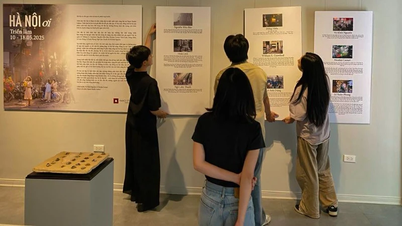

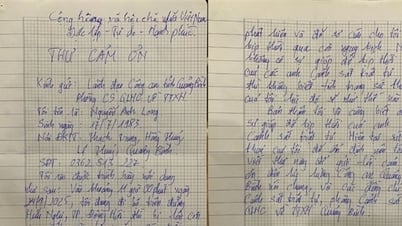
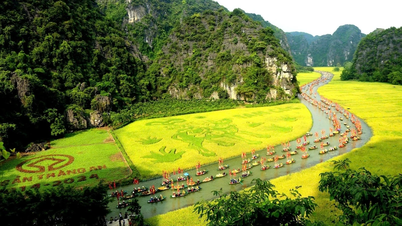
















































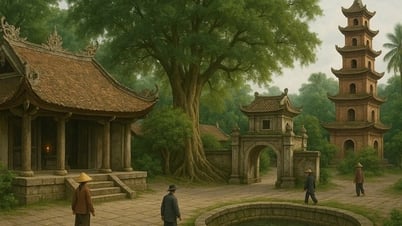



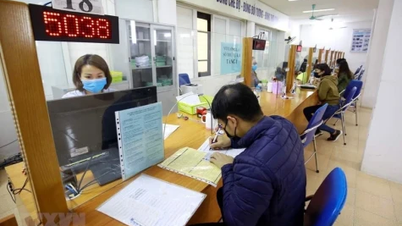









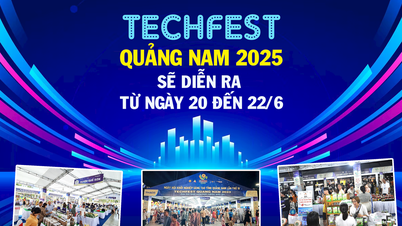












Comment (0)